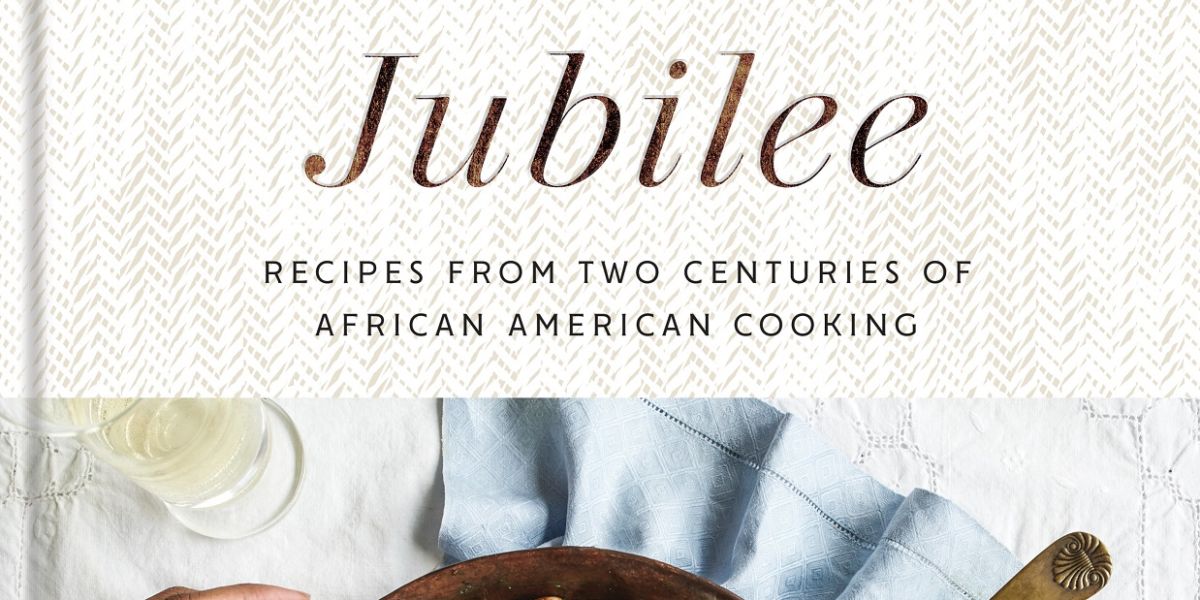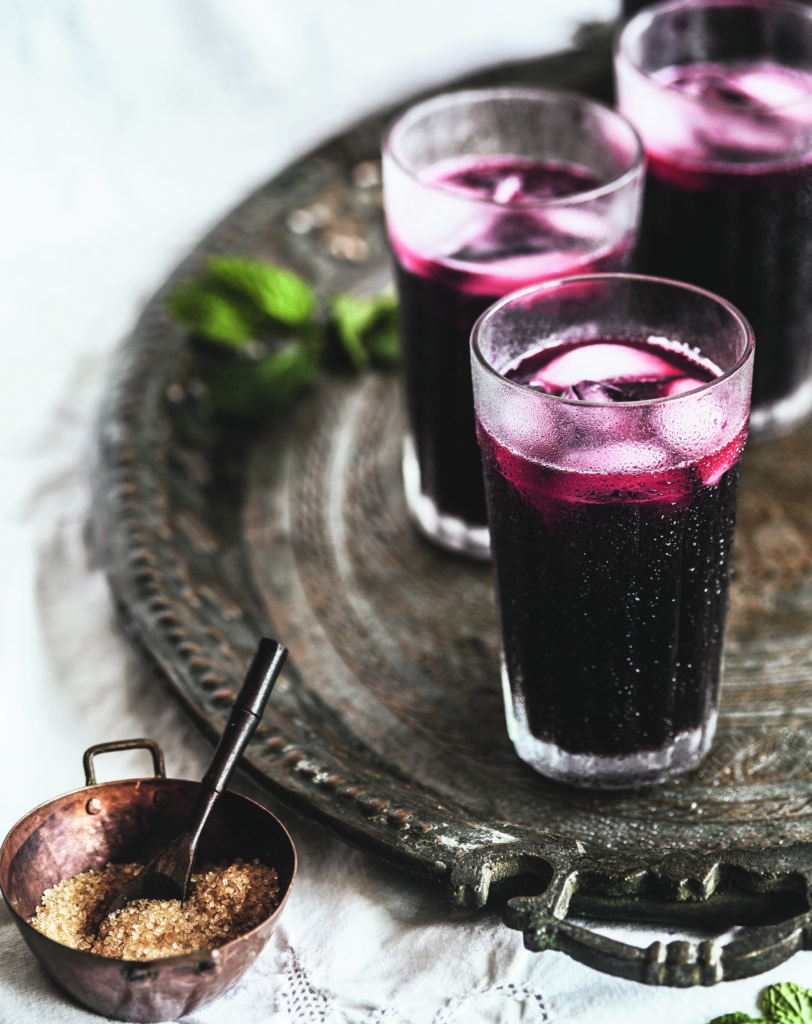
Why (and How) Everyone Can Celebrate Juneteenth This Year
We spoke with author and culinary historian Toni Tipton-Martin about why it’s time we all raise a glass on the annual holiday commemorating the end of slavery.

Juneteenth has gained increased recognition this year in the wake of the social justice protests over the killings of George Floyd, Ahmaud Arbery, Breonna Taylor, and other Black Americans. The holiday, which commemorates the day on which enslaved African Americans in Texas were declared free by Union General Gordon Granger in 1865, will be celebrated throughout the West with socially-distanced parades, marches, and parties. At many gatherings there will be red drink, the celebratory beverage that has its roots in West Africa, made its way from the Caribbean to the U.S., and is now mixed, bottled, and poured in many variations, including pink lemonade, hibiscus tea, red soda pop, and Kool-Aid. Author and African American food historian Toni Tipton-Martin includes an exceptional version of red drink by way of a recipe for sorrel (hibiscus) tea in her excellent cookbook, the James Beard award-winning bestseller Jubilee: Recipes from Two Centuries of African American Cooking.

Jubilee is at heart, as the name suggests, about celebration: of freedom, of community, and of the unsung Black chefs, cooks, and caterers often overlooked in American food media. Jubilee is filled with recipes perfect for gatherings and Tipton-Martin believes this is a year for all of us, Black and otherwise, to celebrate this holiday that for her can also be about freedom for all. “I advocate for an inclusive approach to celebrating,” said Tipton-Martin from her home in Baltimore. “I don’t think you have to be Black to celebrate Juneteenth. While it’s a holiday that’s established on our freedom, that spirit of freedom extends to everyone as it’s also about freedom from the perceptions and ways of thinking that were originally crafted to divide us.”
Tipton-Martin has been studying and writing about African American foodways for decades. Raised in Los Angeles, she was the first Black food editor at a daily newspaper, the author of numerous award-winning cookbooks, and has one of the country’s most extensive collections of African American cookbooks. For Jubilee Tipton-Martin mined her archives to surface and celebrate both historical and contemporary recipes from enslaved master chefs, free caterers, Black entrepreneurs, and culinary celebrities. Indeed there are soul-food classics (and the stories behind why they’re classics) as well as recipes for dishes like Savannah pickled shrimp; a scotch bonnet-studded take on escovitch, the vinegar-cured seafood preparation brought to the United States from the Caribbean; a peanut-enriched West African Groundnut Stew of chicken, tomato, ginger, and curry powder with its roots in Senegal; and the perennial party standby chicken wings glazed with honey and soy.
If recipes are the documents of artistry and self-expression, how cooks improvise on them is how we personalize and take that narrative forward. Tipton-Martin encourages improvisation on these recipes as a way of generously inviting cooks into this evolution of a collective culinary history. “Jubilee celebrates our freedom from stereotyped expectations of what African Americans cooking and celebrations should look like,” says Tipton-Martin. “When I was on my book tour and now when I talk to home cooks in book clubs cooking from Jubilee, I ask them to feel free to adapt the dishes to their lifestyle and family and experiences and come up with their own way of cooking and celebrating.”

This brings us back to red drink and the Sorrel Tea in Jubilee. Tipton-Martin writes about its popularity in Jamaica where the sorrel plant sprouts deep red calyces that come into the season at the end of the year and when brewed make the vivid beverage that is the inspiration of the variations on red drink that followed. Its year-end abundance made it a popular Christmas beverage, though it’s now enjoyed year-round. Sorrel is a Caribbean name for hibiscus flowers, so be sure to source hibiscus or Jamaica flowers and not the green herb that goes by the same name. Ever generously inviting personalization and improvisation, Tipton-Martin offers up an off-recipe variation on Sorrel Tea. “We had a marvelous adaption in Houston at Lucille’s Restaurant that included vodka,” she says. “It made for a lovely cocktail.”
For the recipe for Sorrel (Hibiscus) Tea click here.
Jubilee is in its seventh printing and frequently sells out. If you purchase it, Tipton-Martin recommends using Bookshop or Indiebound, both of which many independent, Black-owned bookstores partner with.
